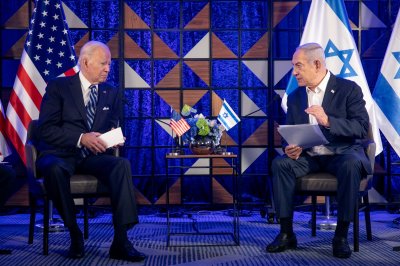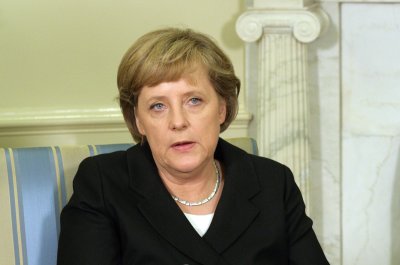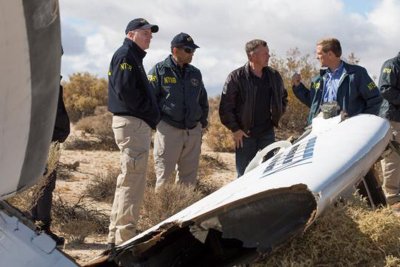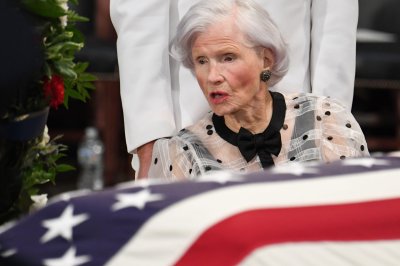Topic: Chiang Kai
Chiang Kai-shek (31 October 1887 – 5 April 1975) was a political and military leader of 20th century China. He was an influential member of the Kuomintang (KMT) and Sun Yat-sen's close ally. He became the commandant of Kuomintang's Whampoa Military Academy and took Sun's place in the party when the latter died in 1925. In 1928, Chiang led the Northern Expedition to unify the country, becoming China's overall leader. He served as Generalissimo (Chairman of the National Military Council) of the Nationalist Government of the Republic of China (ROC) from 1928 to 1948. Chiang led China in the Second Sino-Japanese War, during which the Nationalist Government's power severely weakened, but his prominence grew. During the civil war after the Japanese surrender in 1945, he attempted to eradicate the Chinese Communists but ultimately failed, forcing the Nationalist government to retreat to Taiwan, where he continued the struggle against the communist regime. Ruling as the President of the Republic of China and Director-General of the Kuomintang, Chiang died in 1975.
Chiang Kai-shek was born in Xikou, a town that is approximately 20.5 miles (33.0 km) southwest of downtown Ningbo, in Fenghua County, Ningbo Prefecture, Zhejiang Province. However, his ancestral home, a concept important in Chinese society, was the town of Heqiao (和橋鎮) in Yixing County, Wuxi, Jiangsu (approximately 38 km (24 mi) southwest of downtown Wuxi, and 10 km (6.2 mi) from the shores of the Lake Tai).
His father, Chiang Zhaocong (蔣肇聰), and mother, Wang Caiyu (王采玉), were members of an upper to upper-middle-class family of salt merchants. His father died when Kai-shek was only eight years of age, and he wrote of his mother as the "embodiment of Confucian virtues." In an arranged marriage, Chiang was married to a fellow villager by the name of Mao Fumei. Chiang and Mao had a son Ching-Kuo and a daughter Chien-hua.
It uses material from the Wikipedia article "Chiang Kai."














